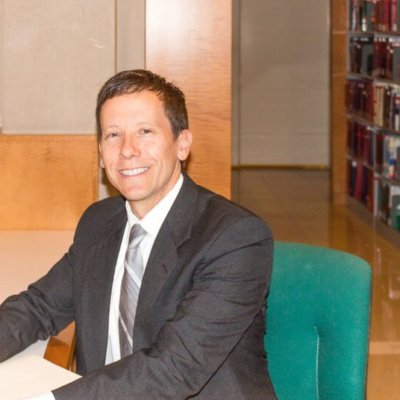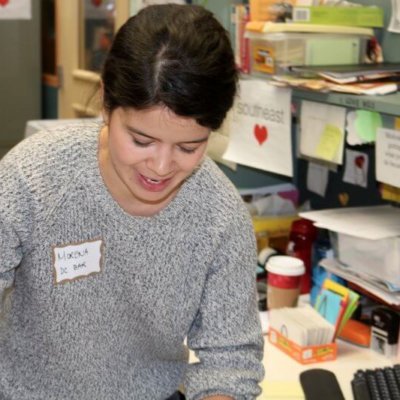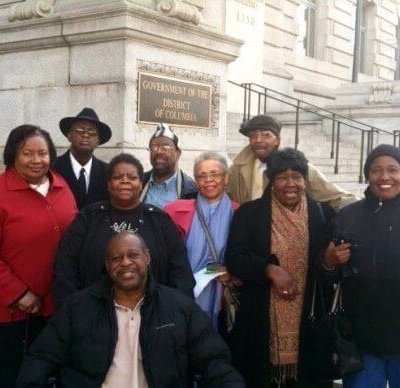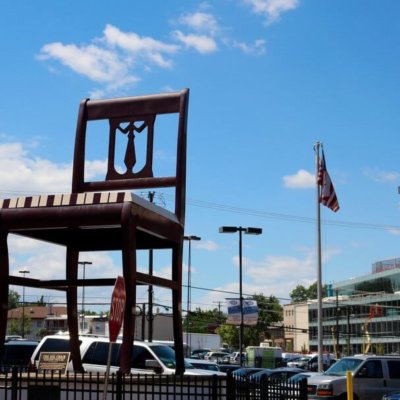By Dominique Rouge A group of lawyers sits around an oval table sipping coffee, tired like the early Saturday sky. Just as a silence has settled, a young woman walks in, arms full of clipboards. She fires out case descriptions, asking “who wants it?” Eviction, will settlement, medical malpractice, custody disputes, domestic abuse: a slew of poverty nightmares calls the lawyers to attention. Each stands up, takes a case, and walks downstairs to meet their client. So goes a typical morning at the DC Bar Pro Bono Program’s Advice and Referral Clinic, at which lawyers from all over the profession volunteer four hours of their time to give advice to drop-in clients living in poverty. The Clinic’s East of the River office, hosted by Bread for the City at their Southeast D.C. center, was packed with clients, both new and returning. The lawyers served 40 clients on the morning I visited. Some worked on viable cases with the volunteer lawyers; others waited in line to be told that their problem had no legal dimension. All bore the burden of a substantial, unexpected dilemma in their lives. The lawyers who work at the Advice and Referral Clinic on the first Saturday of each month do substantial, important work. No one lacked the comradery or assistance they needed, however. As clients cycled through the first floor, lawyers ran back up to the second floor to check in with mentors at the oval table. As they sipped more coffee and munched more bagels, attorneys from various fields counseled other attorneys on how to handle a case. As mentors created a sense of ease for lawyers, so too did lawyers for clients. Though the building was rushed and busy, I heard sounds of reassurance, confidence, and even laughter ring throughout. The cases clients brought to the Southeast clinic ran the gamut of subject and severity, yet the lawyers were alert to meet them with both knowledge and compassion.










